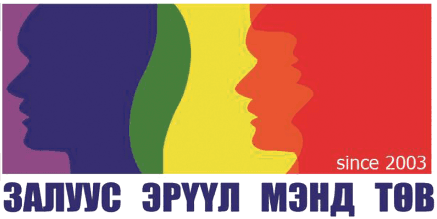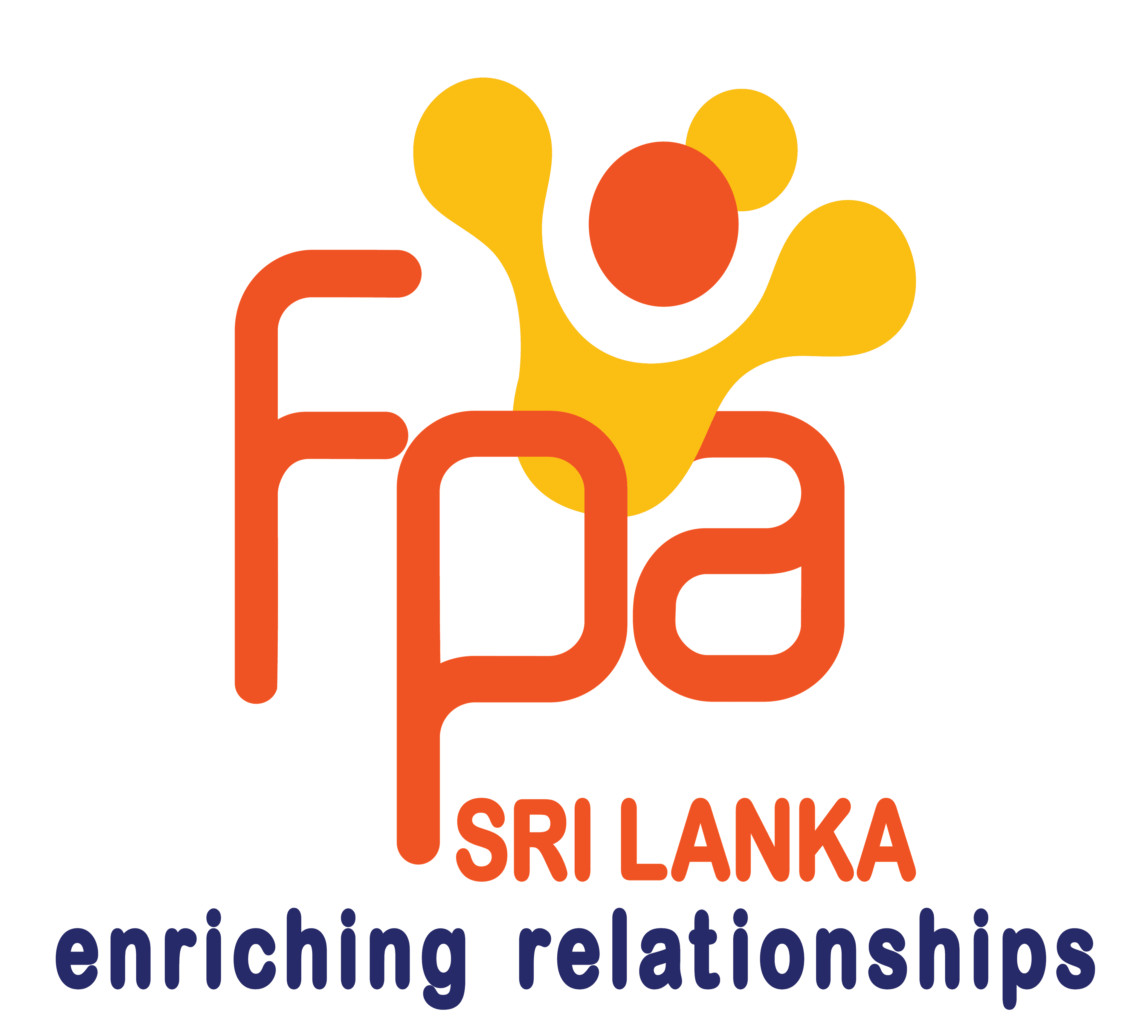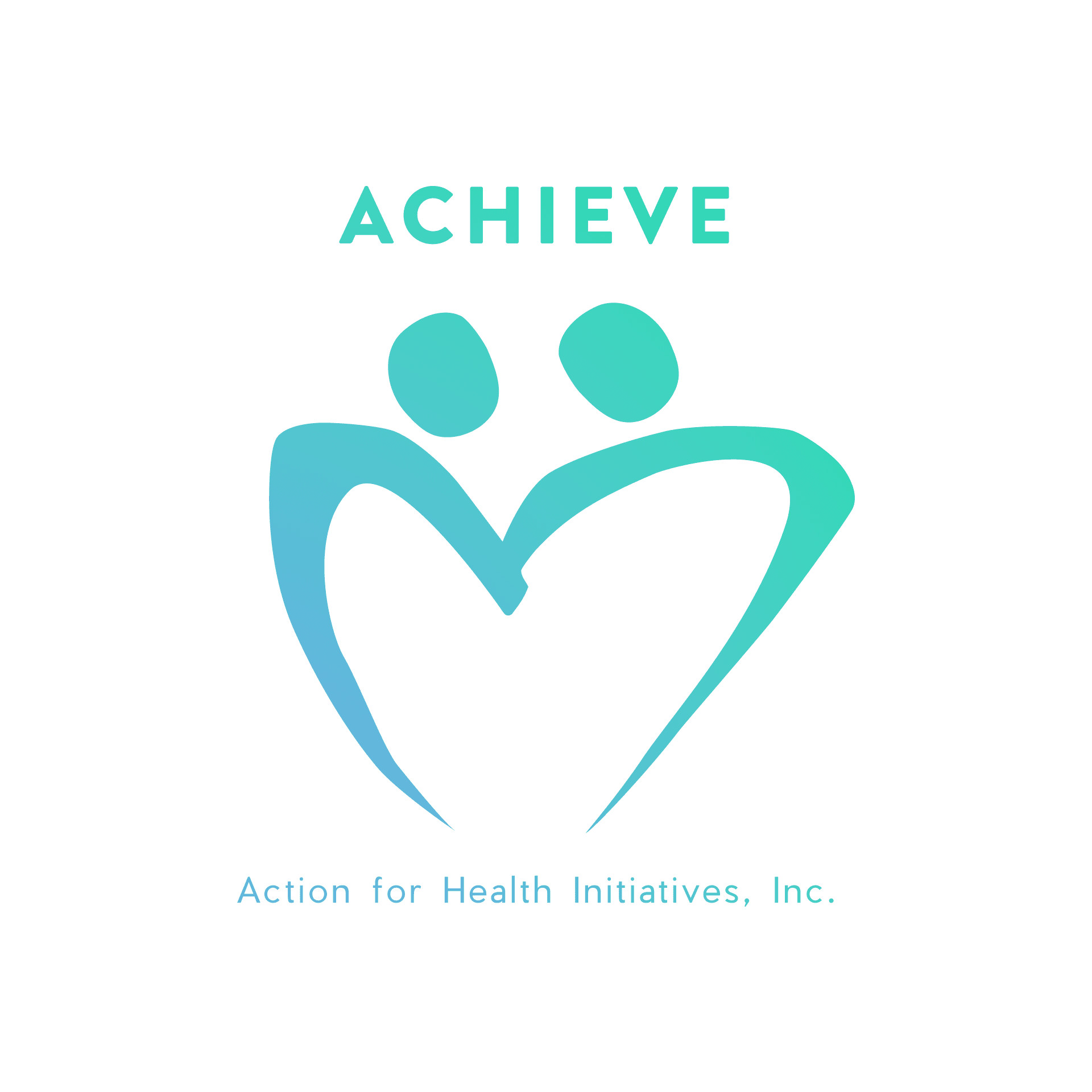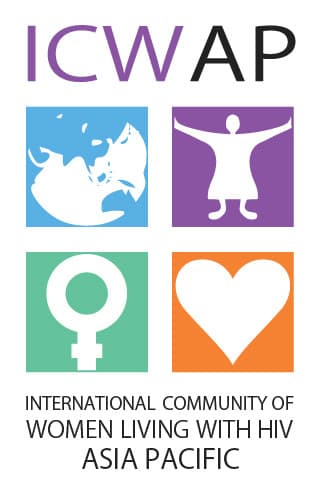SKPA-2 Program Partners
Health Equity Matters as Principal Recipient leads a consortium of partners including country sub-recipients, regional and implementing partners.
Accelerate financial sustainability.
Improve strategic information availability and use.
Promote programmatic sustainability.
Remove human rights- and gender-related barriers to services.

SKPA-1 promoted HIV prevention services for key populations. The aim of SKPA-2 is to improve the sustainability of evidence-informed prioritized HIV services for key populations in Bhutan, Malaysia, Mongolia, the Philippines and Sri Lanka.
Key populations bear the greatest burden of HIV in the countries in which SKPA-2 operates. Key populations are defined as:
It is critical that key populations are identified by their governments and within National Strategic Plans to ensure that appropriate community and peer-led services are scaled up and sustainably funded.
Ensuring the above is achieved is key as countries shift towards middle-income status their eligibility for international development funding reduces. Middle-income countries are expected to fully fund health and HIV programs domestically. However, funding services for key populations remains a contentious in many countries. This is because stigma and discrimination continue to act as barriers to prevention and treatment service provision. Human rights and gender related barriers including criminalization, religious laws, cultural norms, and violence also prevent key populations from accessing services.
As a result of these sensitivities, domestic government spending on key populations remains minimal. SKPA-2 aims to change this.
Click the button and head to our Contact Us page if you want to sign up to our SKPA-2 newsletter.

A Theory of Change underpins SKPA-2 which outlines the application of a series of interventions that will institutionalise and scale up prioritised HIV services for key populations with domestic co-financing.
Health Equity Matters is accountable for achieving SKPA-2 objectives and provides strategic, programmatic, and technical leadership and coordination across the program. Health Equity Matters manages performance, monitoring and evaluation, and liaises with the Global Fund, technical partners, and key stakeholders. Health Equity Matters leads a consortium of organisations to implement the program.
In year 1, a comprehensive baseline assessment was conducted in each country. This assessment helped partners to understand the financial landscape, political economy, strategic information needs, operational policy and regulatory barriers, and human rights and gender situation in each country. It also assessed the extent to which each country is prepared for financial sustainability of services for key populations and the extent to which key populations and people living with HIV are meaningfully engaged in their country’s national HIV responses.
The baseline assessment has provided a blueprint to support national HIV programs and community-based partners to develop long-term, evidence-based HIV investment and sustainability plans. This is especially important as new National Strategic Plans will be developed during the grant period in most SKPA-2 countries.
SKPA-2 legacy products capture key lessons and evidence from the initial phase of program implementation, documenting what worked and how successful approaches can be sustained and adapted to strengthen key population HIV responses across Asia and globally.
These products distil multi-year experience across critical areas of sustainability, accountability and policy reform into accessible resources for governments, donors, civil society and technical partners.

Health Equity Matters as Principal Recipient leads a consortium of partners including country sub-recipients, regional and implementing partners.

Save the Children

Youth for Health

Family Planning Association (FPA)

Action for Health Initiatives – ACHIEVE Inc.

APCOM Foundation

International Community of Women Living with HIV Asia & Pacific - ICWAP
Implementing and technical partners are engaged to provide expertise on areas such as cost modelling, PrEP, and community-led monitoring.

UNAIDS Regional Support Team (RST)

World Health Organization (WHO)

Burnet Institute
Learning and development are central aspects of the SKPA-2 program to capitalize on the range of knowledge and expertise across our sub-recipients and partners. To promote learning and ensure national HIV programs are grounded in technical best practice, we have launched a Learning Series. The Learning Series began in August 2022 to provide capacity building, knowledge sharing and foster peer-to-peer exchange for our partners across Asia.
The Learning Series documents include webinar recording, slides, technical briefs and accompanying documents. Head below if you would like to sign up to our Learning Series.
Stay in the loop and access a range of resources to provide capacity building, promote knowledge sharing and foster peer-to-peer exchange across Asia.
